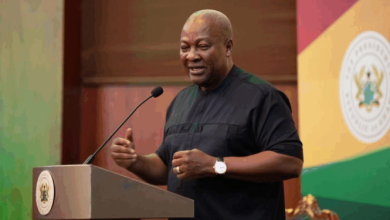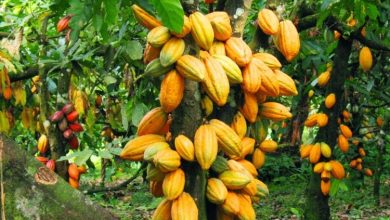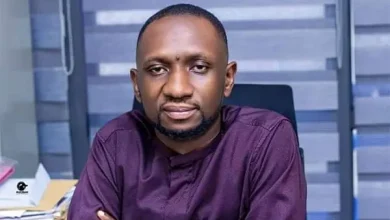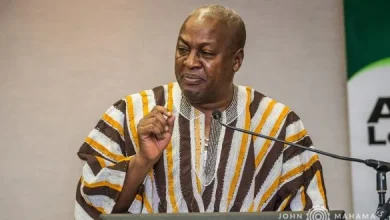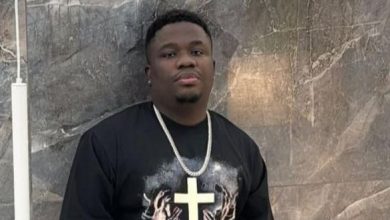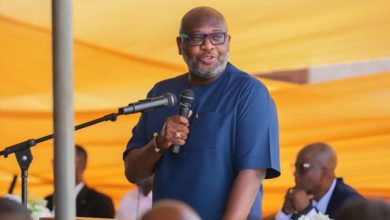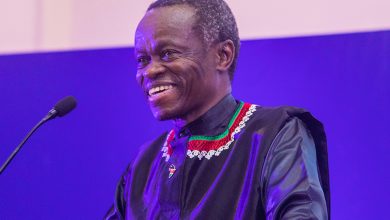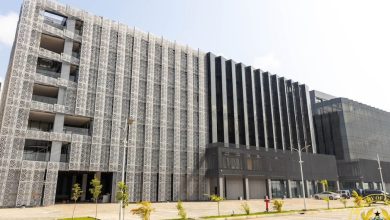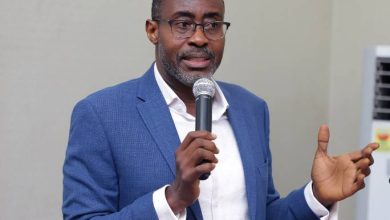Ghana and Grenada strengthen ties with bold commitments on trade, health and reparations
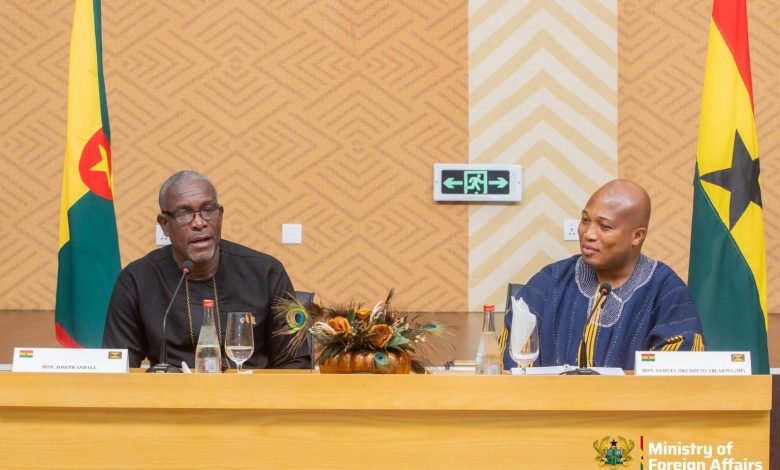
Ghana and Grenada have reaffirmed their shared historical bonds and deepened bilateral cooperation at the maiden Ghana–Grenada Political Consultation Meeting held at the Ministry of Foreign Affairs and Regional Integration in Accra on Thursday, October 16.
The meeting, co-chaired by Ghana’s Minister for Foreign Affairs, Samuel Okudzeto Ablakwa, and Grenada’s Minister for Foreign Affairs, Trade and Export Development, Joseph Andall, marked a significant milestone in the growing relationship between Africa and the Caribbean.
It comes ahead of the two-day official visit to Ghana by Grenada’s Prime Minister, Dickon Amiss Thomas Mitchell, who is expected to hold bilateral talks with President John Dramani Mahama and visit the Kwame Nkrumah Memorial Park.
The maiden consultation meeting precedes Friday’s high-level talks between President Mahama and Prime Minister Mitchell, who will also be hosted to a State luncheon.
Both leaders are expected to review bilateral relations and outline new frameworks for cooperation in trade, education, and cultural exchange. Ghana and Grenada established formal diplomatic relations in 2024 and have since signed bilateral agreements on visa waivers, as well as cooperation in culture, trade, and education, ushering in a new era of Afro-Caribbean partnership.
Mr Ablakwa, welcoming the Grenadian delegation, said the consultations represented a “timely and strategic framework” to review progress, explore new partnerships, and translate goodwill into tangible outcomes that would deliver real value to the people of both nations.
He noted that Ghana and Grenada had made remarkable progress since signing a Memorandum of Understanding (MoU) on Political Consultations in 2024, adding that both countries were poised to elevate their cooperation in key sectors such as health, education, trade, tourism, and climate change.
On health, the Ghanaian Minister said Accra welcomed Grenada’s interest in recruiting Ghanaian nurses and allied health professionals, describing it as “a framework for strategic cooperation that embodies the spirit of South–South collaboration.”
He said both countries had also opened discussions on education and skills development, particularly through institutional partnerships between universities and training institutions to boost human capital.
Mr Ablakwa said Ghana was equally keen on trade and investment opportunities, particularly in niche products like spices, shea butter, textiles, and agro-products.
He described Ghana’s investment environment as one that provided fertile ground for joint ventures that could further strengthen both economies.
“Our engagement must go beyond policy discussions to concrete actions that improve the lives of our people,” he said, adding that cooperation in tourism, fashion, and culture would further deepen people-to-people ties.
He lauded Grenada’s vibrant tourism and creative sectors, noting that the two countries could learn from each other in sustainable tourism and the creative industries.
Touching on multilateral diplomacy, Mr Ablakwa said Ghana and Grenada shared a common vision for a fairer, more inclusive global system that amplified the voices of the Global South.
He emphasised the growing momentum around the issue of reparations for slavery and colonialism, saying, “It is about dignity, justice, and restitution.”
Ghana, he said, was committed to working with Caribbean nations under the AU’s newly declared Decade of Reparations (2026–2036) to build a unified legal and diplomatic front on the issue.
Mr Joseph Andall expressed deep admiration for Ghana, describing it as “the only country I have been to without feeling like a foreigner” and that the strong resemblance between Ghanaians and Caribbean people reflected their shared ancestry and destiny.
“Our bilateral relations have grown from strength to strength in a very short time,” he said, adding, “It is important that we ride this momentum to ensure maximum benefit emanates from this new spirit of collaboration.”
He highlighted several areas of common interest, including healthcare, education, and trade, but stressed the urgent need to address transportation and logistics to make Africa–Caribbean trade viable.
“For trade in physical goods to take place, we must engage our private sectors to create frameworks and support structures that enable entrepreneurs to provide the necessary transportation and logistics connections,” he said.
Mr Andall called for joint committees to drive the implementation of existing agreements, noting that “we must beat the air while it is hot.”
He praised Ghana’s support in providing healthcare professionals, especially nurses, saying the partnership would address acute shortages in Grenada’s health sector.
The Grenadian Foreign Minister appealed for continued collaboration on climate resilience, arguing that small island nations like Grenada face disproportionate devastation from hurricanes and natural disasters.
“When we suffer a natural disaster, there is literally no place to turn. Almost everything gets wiped out in a matter of hours,” he said, advocating for a new global financing metric that takes into account vulnerability rather than just GDP.
On the issue of reparations, Mr Andall reiterated that it was not a charity appeal but a demand for justice.
He also urged both sides to explore opportunities in tourism, culture, real estate, and creative industries, noting that Grenada’s New Life Organisation, a key skills training institution, was currently headed by a Ghanaian nun.
The Grenadian Foreign Minister expressed optimism that the partnership between the two countries would serve as a model for Africa–Caribbean relations.
“The seeds that were planted a couple of years ago have begun to take root. It is up to us to keep watering and fertilising,” he added.
Source: GNA

